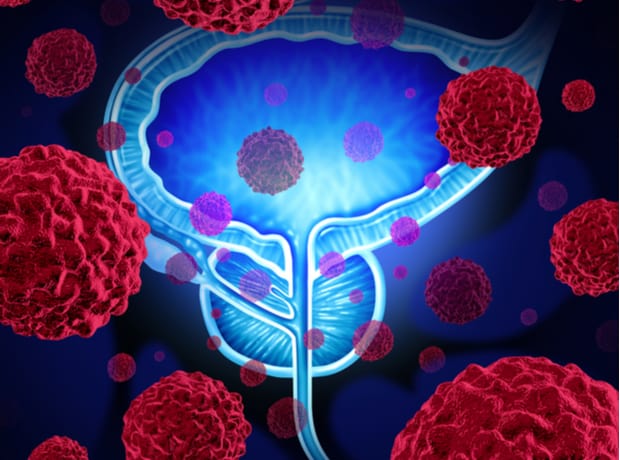CatalYm shows potential of visugromab for treating cachexia

New findings presented at international SCWD conference
CatalYm has announced promising new data on its lead drug candidate, visugromab, at the 17th International Conference on Sarcopenia, Cachexia & Wasting Disorders (SCWD).
The data from the ongoing phase 1/2a GDFATHER trial and preclinical research show visugromab effectively alleviates cancer-induced cachexia, a condition causing severe weight and muscle mass loss in cancer patients.
“Cachexia is one of the most challenging complications in advanced cancer with GDF-15 being one of its most important drivers,” said Christine Schuberth-Wagner, Chief Scientific Officer at CatalYm. She added that visugromab shows strong potential to counteract cachexia development.
The trial demonstrated that visugromab, a humanized monoclonal antibody, significantly reduced cytokine levels and improved weight gain in patients with elevated GDF-15.
This dual benefit addresses both immune suppression and cachexia, improving the overall quality of life for cancer patients.
“Cachexia significantly affects patients’ quality of life and ability to undergo intensive anticancer treatment,” added Dr Eugen Leo, Chief Medical Officer at CatalYm. The latest clinical data support further investigation of visugromab in phase 2 trials.
Key findings revealed that patients with cachexia and elevated GDF-15 levels experienced significant weight gain during visugromab and nivolumab treatment. In preclinical models, visugromab effectively reversed weight loss and restored normal food intake.
The data reinforce visugromab’s potential to improve patient outcomes in oncology.
These findings highlight GDF-15 as a critical therapeutic target with potential benefits in oncology. CatalYm’s research supports the development of visugromab as a promising treatment option for cancer-induced cachexia.







